Woman who endured 18 miscarriages and 16 years of IVF shares how she finally became a mum
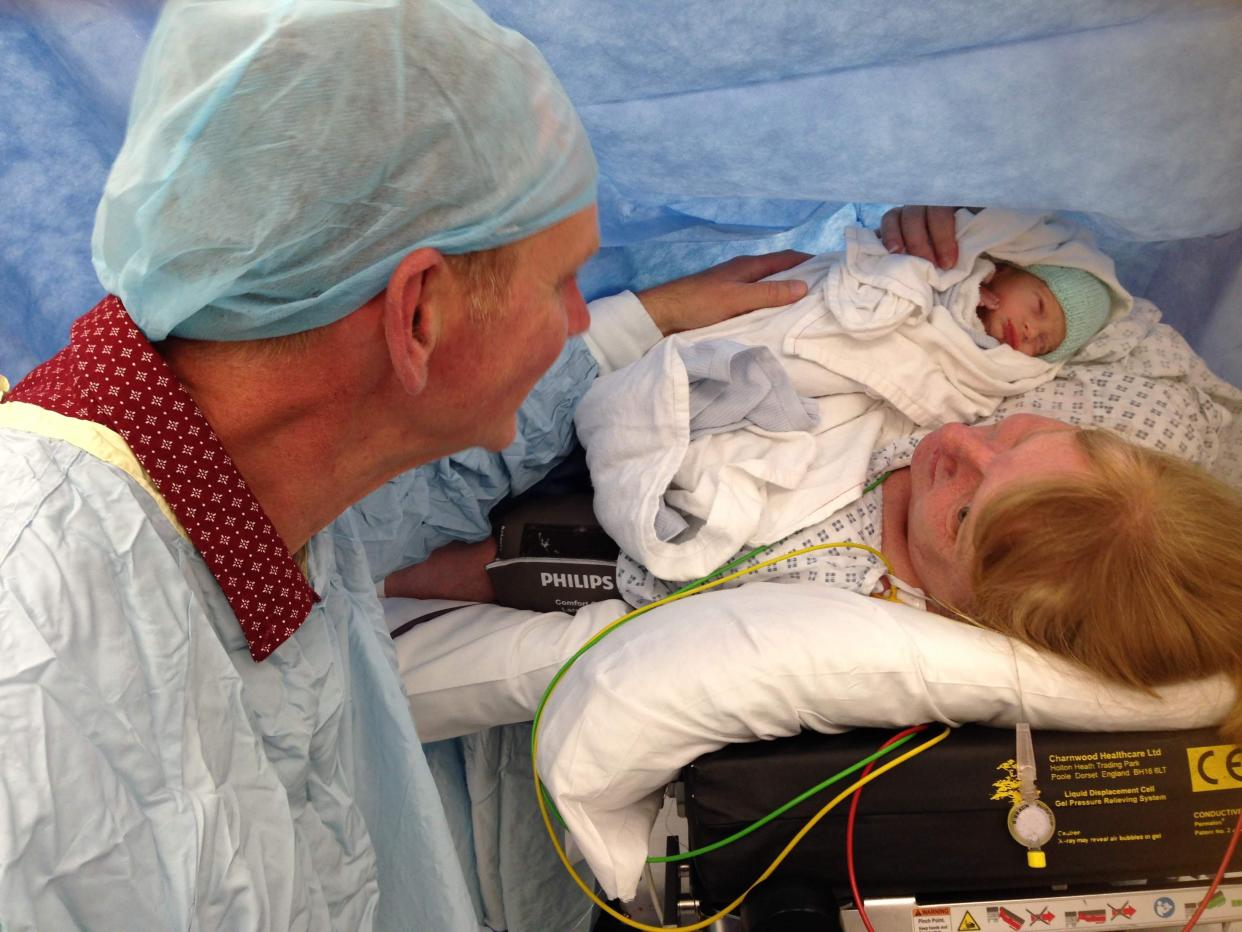
A woman who finally achieved her dream of becoming a mum after 16 years of gruelling IVF treatment and 18 miscarriages has shared her incredible journey to parenthood.
If she had known the odds of carrying a baby to full-term Louise Warneford, 52, from Swindon says she probably have given up at the start.
But, as she mentions in the opening paragraph of her new book, Baby Dreams, then she wouldn’t have her son William, now four.
And holding him in her arms for the first time was worth every single tear she’d shed in her long quest to become a mother.
Having met her husband, Mark, 58, in 1999, the couple started trying for a baby in the early 2000s, when Louise was in her early 30s.
Mark already had two daughters from his previous marriage and, initially believing he wasn’t going to extend his family, had undergone a vasectomy.
Read more: TV presenter Anita Rami says discussing miscarriages is ‘such a taboo’
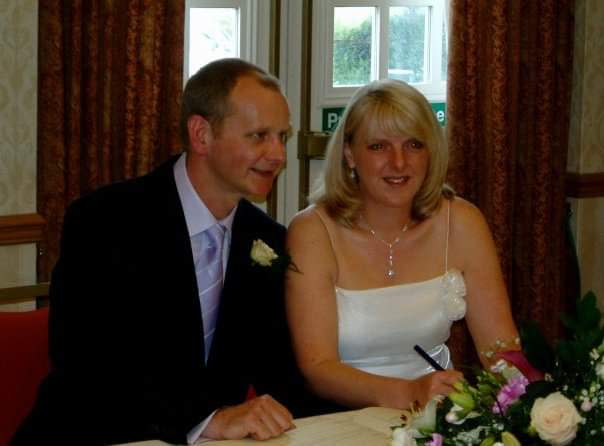
The couple visited a fertility specialist who advised the best route for them to have their own child would be IUI (Intrauterine Insemination, which involves injecting sperm directly into a woman’s womb) using donor sperm.
After three months of treatment, Warneford was over the moon to discover she was pregnant.
Scans at six, eight and 10 weeks at the fertility clinic revealed everything was fine, so the mum-to-be was referred to her local hospital for her 12-week scan.
With her husband away, Warneford attended the appointment alone, expecting it would be similar to her previous scans.
“Nothing can prepare you for the words ‘we can’t find the heartbeat’,” she told Yahoo UK.
“The sonographer said she was going to get a second opinion and I started to panic. Then the consultant came in and said ‘I’m so sorry, I’m afraid your baby has died.’”
Having opted for a Dilation and curettage (D&C), a procedure to remove tissue from inside the uterus after miscarriage, Warneford recalls being put on a ward with women who were having elective abortions, in a process she describes as “heartbreaking”.
Read more: Alanis Morissette talks 'challenges and miscarriages'
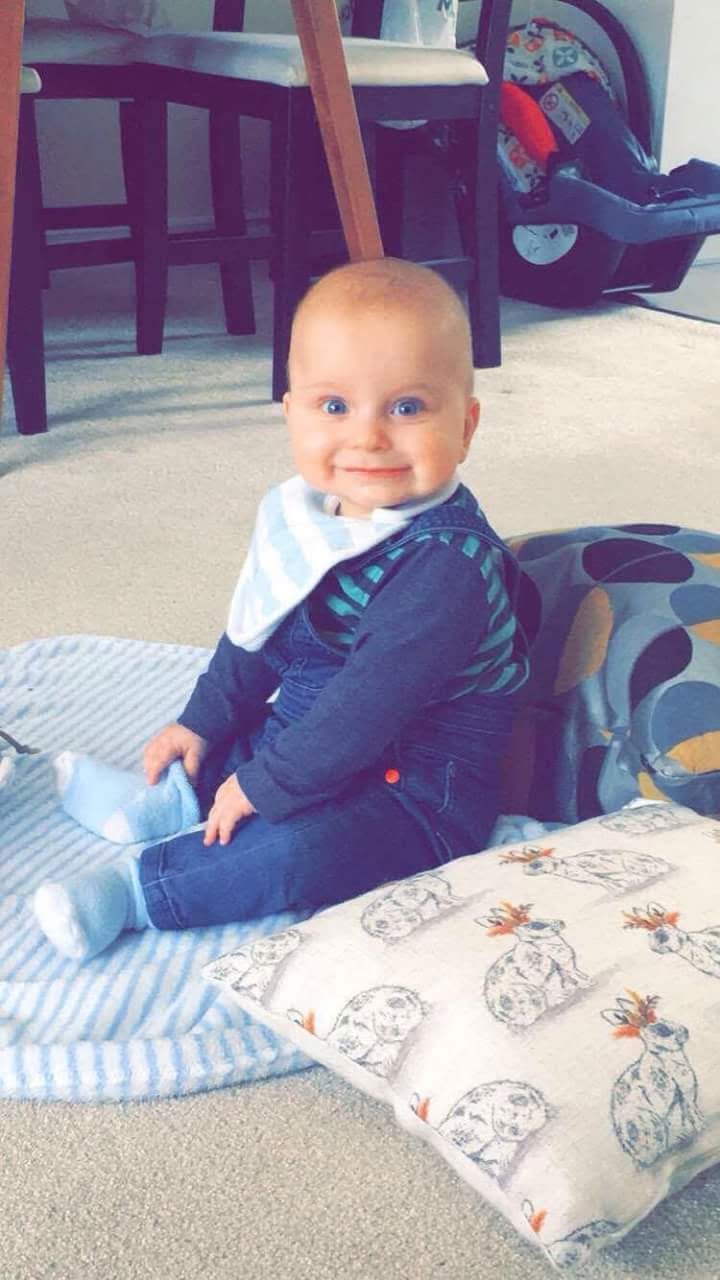
Though the couple were both devastated, taking a break from treatment, after six months they decided to try again and were thrilled when Warneford fell pregnant once more.
“I was so excited to be pregnant again,” she says. “I didn’t think I’d have another loss, I thought I’d had my bad luck so I didn’t think it would happen again.”
But on the way to her doctor to register the pregnancy she felt a sharp pain in her uterus.
“It was like being stabbed with a hot poker,” she says. “It was very quick and sudden and left me feeling completely drained. I had to stop the car and pull over.
“And I knew then that the pregnancy had been lost.”
After three miscarriages, Warneford was referred to Saint Mary’s, a specialist hospital for recurrent miscarriages, but despite extensive investigations doctors couldn’t find the cause of the pregnancy losses.
“That almost made it worse because if they can find something they can treat it but if nothing is showing up they don’t know what to treat,” she explains.
“But obviously there was something wrong as my body seemed to be rejecting the pregnancies.”
Having also tried IVF with donor embryos, and after several more miscarriages, the couple made the difficult decision to give up trying for a baby.
“I’d had enough, I couldn’t put myself through it any more,” Warneford explains.
“I felt like my body was letting me down and I lost a lot of confidence. I didn’t feel like a proper woman. I felt useless.
“I’m still trying to pick myself up from those feelings now,” she adds.
Read more: Nurse gives birth after funding IVF with share of a £1million family lottery win
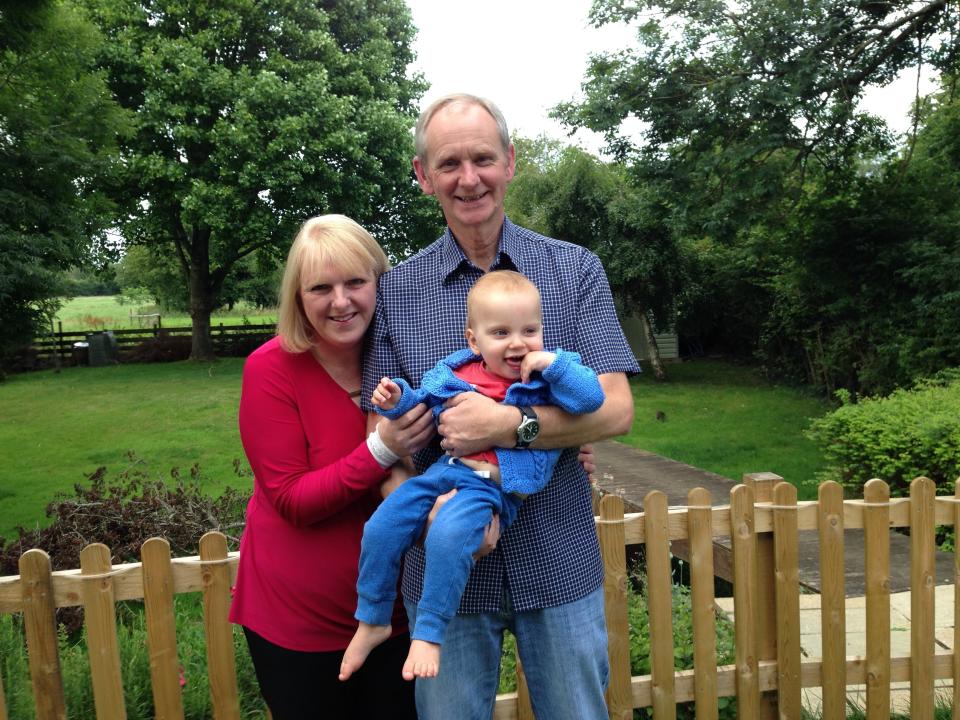
But then she discovered a book, Is your body baby friendly?, describing something known as Natural Killer cells (NK cells), which can lead to complications in pregnancy and in some cases result in the body rejecting the embryos.
Despite the fact that the couple had given up hope of conceiving, Warneford decided to visit Dr Hassan Shehata, a specialist in maternal medicine, to try and uncover the cause of her miscarriages.
“I just really wanted to know why I couldn’t carry a baby to term,” she explains. “It was what I thought about when I woke up in the morning, when I went to bed at night, I was constantly wondering ‘why?’”
But after discovering that the success rate for his protocol was 85-95%, Warneford started wondering if she should try for a baby one last time.
“I didn’t do it straight away as I was too scared to try again,” she says.
“At this point I just really wanted to know what was wrong with me, but the success rate was a seed planted in my mind. And after that I couldn’t let go.
“I’d made my peace with it, I’d given up I was not going to try again, but hearing the rate changed everything.
Following an embryo donation at the Gynem clinic in Prague, which the couple describe as amazing, and at the age of 48, her pregnancy finally went to full-term.
Read more: Single mum, 39, who used sperm donor, explains choice to her baby boy in moving video
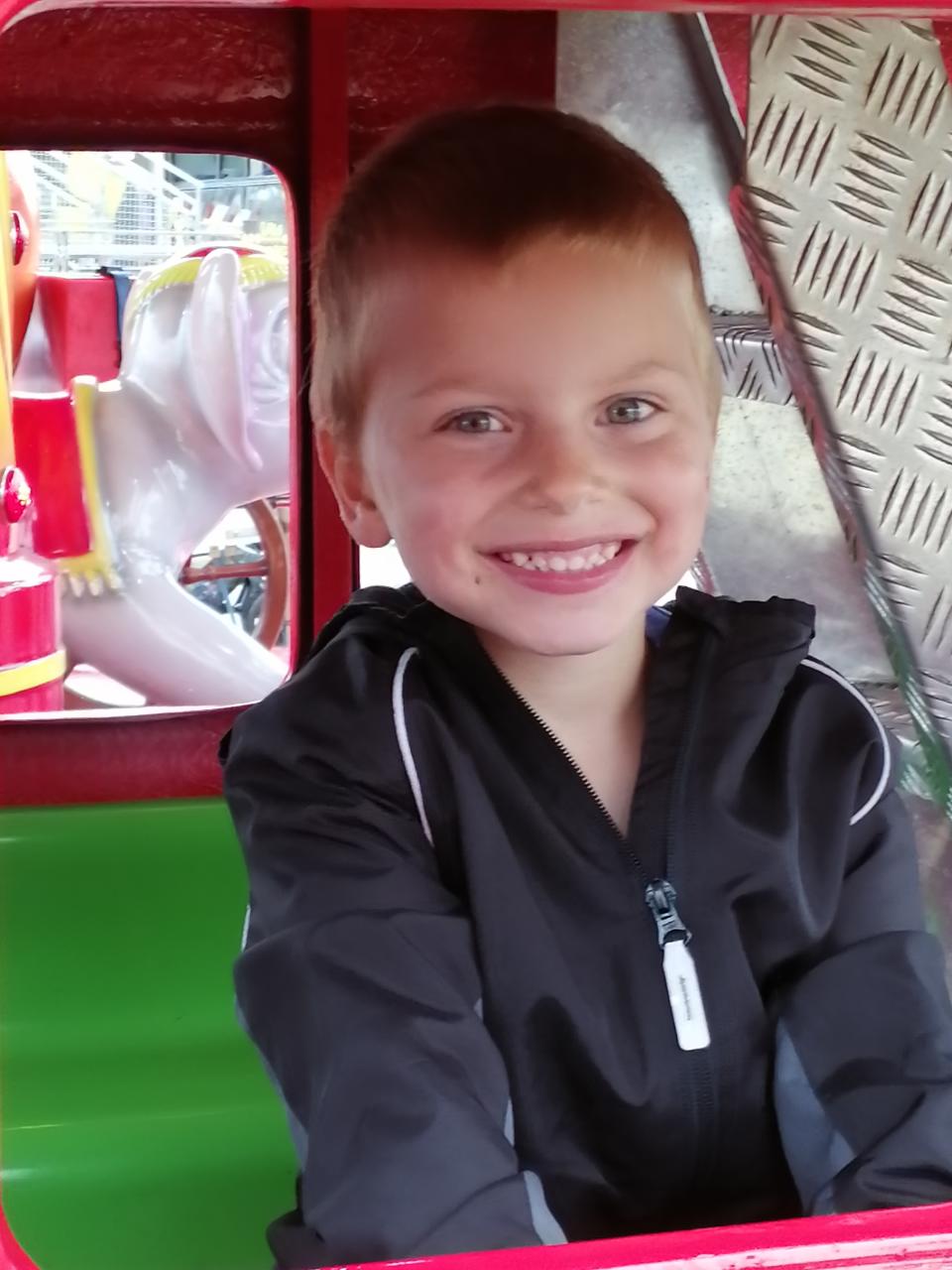
By then the couple had lived through 18 painful miscarriages, and 16 years of gruelling IVF, so each pregnancy scan was a nerve racking prospect.
“I remember lying on this bed with my eyes squeezed shut and gripping the side of the bed so tightly, I was just so scared,” Louise recalls.
But after an anxious few seconds, Dr Shahata found the baby’s heartbeat.
“I’d been so unlucky in the past, I couldn’t believe it was going to happen for us this time, but Dr Shahata was so reassuring. He gave me the strength to keep fighting for my dream.
“And I will never be able to find the words to thank him.”
Despite her pregnancy continuing well past any of her previous miscarriages, Warneford refused to buy anything for the baby and turned down the offer of a joint baby shower with a colleague who was also pregnant.
Having been told by a midwife the baby would have a good chance of survival if she was to carry to 28 weeks, the mum-to-be anxiously ticked off every day on the calendar, but when she got to 34 weeks she began to believe she was finally going to become a mother.
William Oliver Warneford was born at 37 weeks weighing 4lbs 15oz via a planned C-section.
“Holding him for the first time was amazing, but also such a relief. I couldn’t stop crying,” she says.
“The past 16 years had all been building up to that moment and I could not believe I was finally holding our baby.”
Read more: Woman battling early menopause goes on to have two miracle babies in 18 months
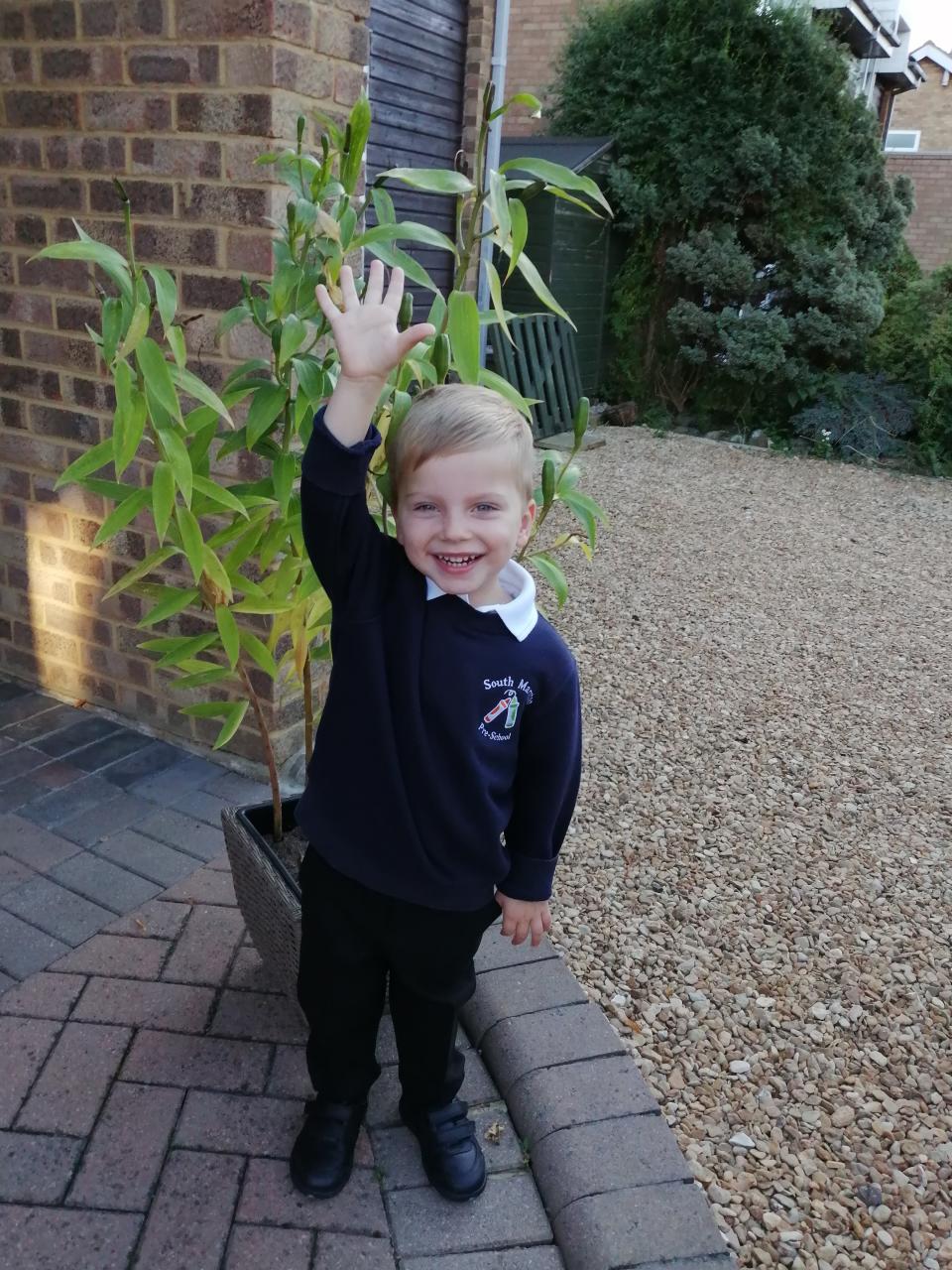
The mum decided to write her book to help the hundreds of women who had contacted her asking for help and advice.
“I wanted to give hope to other women who were thinking about giving up,” she explains.
She also wants to try and remove the silence she believes still surrounds the subject of baby loss.
“I do think that miscarriage is still a taboo,” she says. “There’s a stigma about speaking out about it and I want to help remove that.
“For women to feel they can be open about it and talk about it, if they want to.”
Now aged four and about to start school, Warneford says being mum to William is everything she hoped it would be.
“He’s so kind and loving, always wants to give you a cuddle, and is a right chatterbox,” she says.
And though she still gets upset on the anniversaries of previously pregnancy due dates, and feels the pain of the babies she never got to meet, Warneford only has to look at her son to know that it has all been worth it.
“I’m just so happy I’ve got William,” she adds. “I never thought it was going to happen.”



